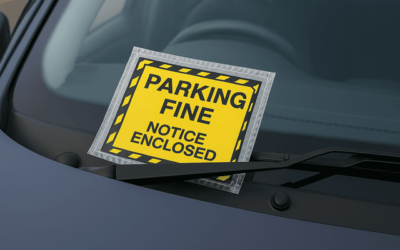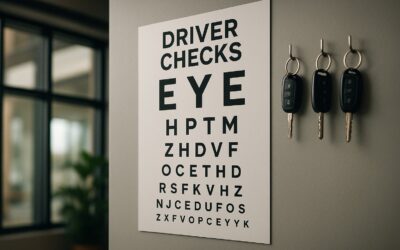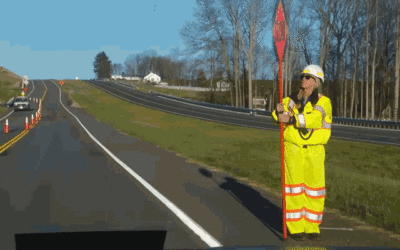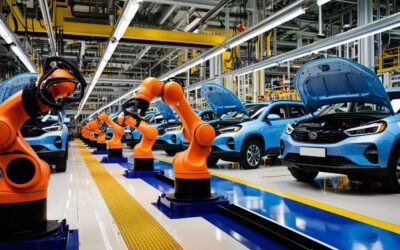Petrol And Diesel Ban: Could 2030 Deadline Be Back On The Table?
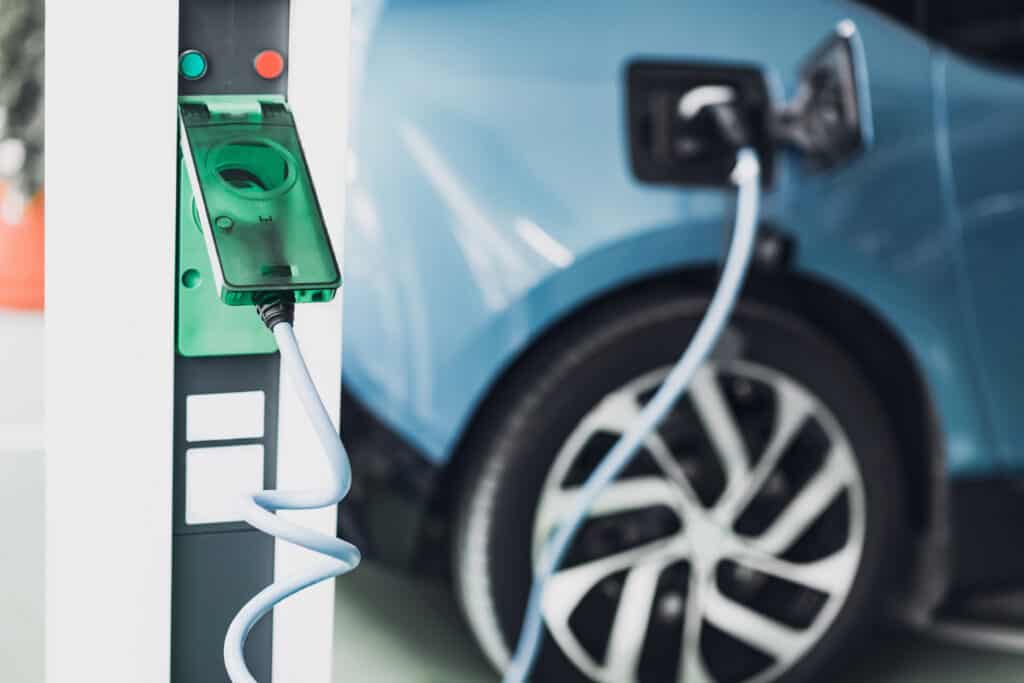
With a general election looming in just a few weeks, the debate about the ban on the production of new internal combustion engine (ICE) vehicles has resurfaced.
The deadline was pushed back from 2030 to 2035 in the UK by the government, which prompted ire from manufacturers but also gave fleets a reprieve on electrifying their fleet before they’re ready.
Of course, many fleets have already gone electric or have begun the switch, so the debate is one that has raged on…
And now the Labour party is promising to reintroduce the 2030 deadline should they win the election on 4th July.
What Does The Petrol And Diesel Ban Delay Mean For Fleets?
With major vehicle producers criticising the delay to 2035, it will be important for the government to be consistent on their messaging and communication on the issue.
Whoever wins the election, it’s important that fleets and vehicle manufacturers have certainty on what the next decade or so looks like for vehicles and the industry in general.
There is pressure on manufacturers to deliver enough electrical vehicles and there’s also pressure on fleets to make the switch to electric…
Which has been exacerbated by clean air zones (CAZs) and congestion charges being introduced and expanding.
Part of the issue is that experts were keen to point out that the UK was behind in terms of its electricity requirements, which makes meeting the 2030 deadline tough.
While providing enough vehicles is one issue, having enough electricity in the grid to supply all the vehicles AND having enough off-street charging available is another issue entirely.
For fleets who have delayed their moves to EVs, it brings up a debate that had been parked temporarily.
EVs – 2030, 2035 or further down the road?
It’s important to note that as parties pledge things for the election, climate, the environment and the future of electrical vehicles (EVs) is one of the biggest subjects for debate.
While a change back to the original 2030 deadline for the production of new ICE vehicles might be good news for many, it brings its own challenges with it. The delay has meant that sufficient progress on installing EV chargers, bringing the National Grid capacity up to the required level and other infrastructure changes has stalled.
Add to that, the cost of living crisis which is affecting people and businesses, too – a recent study has found that three-quarters of fleets are postponing their plans to go electric because of rising costs.
The prevailing thought was that more and more EVs would enter the market, making it easier for fleets to make the switch…
But with recent developments in the economy putting increasing pressure on businesses, many are looking to avoid significant outlays in the short-term future.
Do you think a return to the original 2030 petrol and diesel vehicle production ban date would be prudent? Will it change your plans to make the switch to EVs? Let us know what you think in the comments below…
